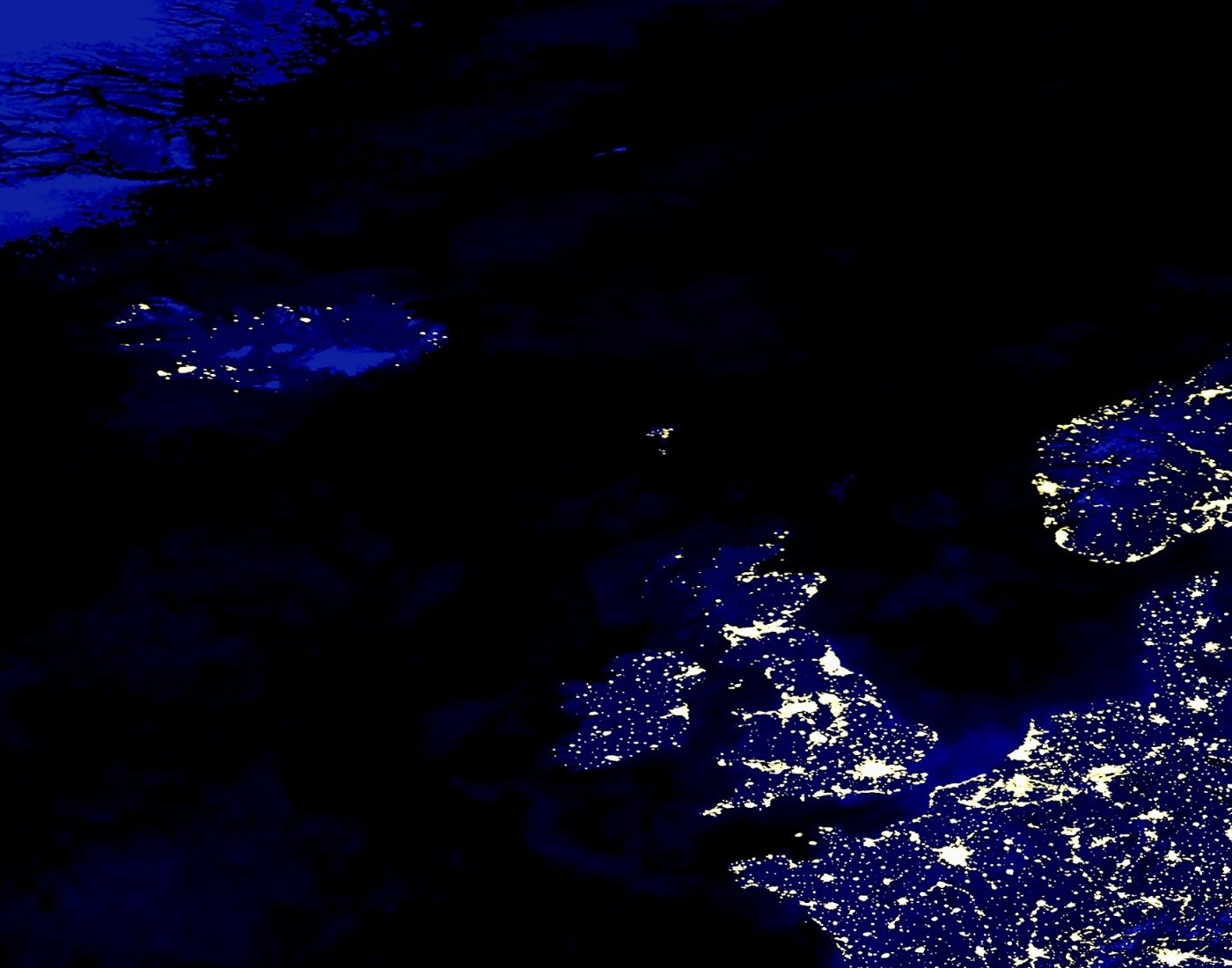We work with people and organisations around the world to stay informed about global developments in food safety and to make sure food coming into Scotland is safe.
This page shows some of the ways we work internationally.
We play a role in shaping international food safety standards so that they protect people in Scotland.

We work with people and organisations around the world to stay informed about global developments in food safety and to make sure food coming into Scotland is safe.
This page shows some of the ways we work internationally.
The WTO is a global organisation that sets the rules for trade between countries. It promotes free and fair trade and helps resolve trade disputes.
The UK is a member and must notify the WTO of any changes to food regulations that could affect international trade, including food safety measures in Scotland.
The WTO has committees that review notified changes and discuss trade concerns. The UK sits on several WTO committees, including:
The Department for Environment, Food and Rural Affairs (Defra) is the UK contact point for SPS measures, and the Department for Business and Trade (DBT) is the contact point for TBT measures.
We engage with the WTO through the UK government departments to make sure Scotland’s food safety priorities are considered internationally.
Codex was created by the Food and Agriculture Organisation (FAO) and the World Health Organisation (WHO) to develop international food standards, guidelines and codes of practice. The UK is an active member.
Codex standards are voluntary and not automatically implemented. However, they are recognised in WTO trade disputes.
Defra leads UK involvement in Codex. We work with the Food Standards Agency (FSA) on issues discussed in Codex committees, including:
More information is available on Defra’s Codex standards page.
The UK co-leads Operation Opson with the Netherlands Food and Consumer Product Safety Authority (NVWA) and the Italian Carabinieri. This initiative, supported by Europol, targets counterfeit and substandard food and drink.
Our Scottish Food Crimes and Incidents Unit (SFCIU) takes part in this annual operation, working with European countries to tackle food crime. This work is part of the EMPACT programme, which promotes collaboration between law enforcement and food regulators to combat organised crime in food supply chains.
EMPACT is the European Multidisciplinary Platform Against Criminal Threats. It is an EU initiative that focuses on tackling serious and organised crime.
SFCIU plays a leading role in the GAFC, working with partners in Australia, Canada, New Zealand and the USA. Together, we run joint initiatives to protect industry and consumers and strengthen global capability to reduce food crime. The Head of SFCIU currently chairs the GAFC.
GAFC’s strategic objectives are to:
INFOSAN is a global network of national food safety authorities, managed by the Food and Agriculture Organization of the United Nations (FAO) and the World Health Organisation (WHO). It helps countries manage food safety risks and share information quickly during emergencies to prevent the spread of contaminated food.
INFOSAN promotes sharing expertise and tested solutions to improve future responses and protect public health.
The European Union's (EU) RASFF notification network is run by the European Commission. It allows member countries to quickly share information about identified hazards in food, food contact materials and animal feed. The system helps countries respond faster and in a coordinated way to food safety threats.
Although the UK is no longer in the EU, it still has third-country access to the RASFF network. Through this, we receive alerts about food and feed safety incidents that affect Scotland.
The incidents team within SFCIU coordinates with INFOSAN and RASFF whenever an international food or feed incident affects Scotland.